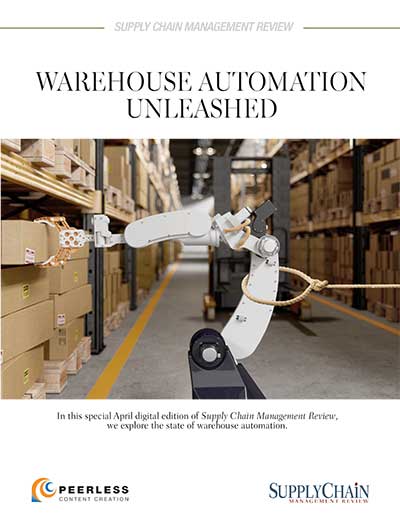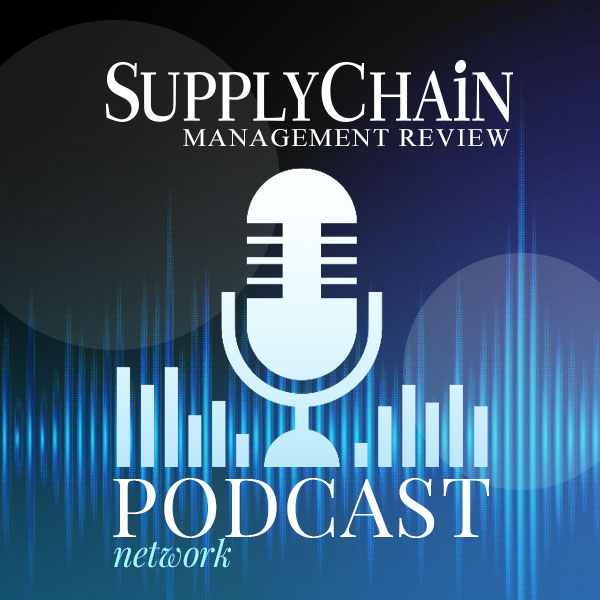Editor’s Note: When the “Humanitarian Supply Chain” panel convenes at USC's 7th Annual Global Supply Chain Excellence Summit in August, one of the more engaging speakers will be Benjamin Labrot, M.D. and Founder and CEO, Floating Doctors. As we informed readers last month, Floating Doctors is a non-profit organization out of California that provides free medical care to remote villages and communities in Central America reached mainly by boat. In this exclusive interview, Dr. Labrot shares his insights on the current state of this industry segment.
Supply Chain Management Review: What are the greatest challenges you are facing this year?
Benjamin Labrot: I would say our greatest supply chain challenges this year are a “perfect storm“ of factors including constantly changing pharmaceutical approvals in multiple countries, constantly changing importation laws and a very high inconsistency in importation law and importation law enforcement in many of the locations we have worked, as well as the high cost of shipping quantities of medication and clinical supplies for our nonprofit medical mission team now that we have achieved a certain level of capacity. Our organization still has many characteristics of a small “mom and pop“ operation, yet has a gross revenue of just under $1 million per year and provides care for over 10,000 patients annually as well As community development at capacity projects. Thus, trying to navigate the transition from a smaller to a much larger organization has put pretty significant strains on our supply chain and predicting power supply needs while in a constant state of growth has been very difficult.
SCMR: What kind of innovations are being employed to prevail over those challenges?
Labrot: Well one thing is that our supply chain people consistently think way outside the box. A square shaped hole needs a square shaped peg, I completely irregular, unique, asymmetrical whole needs and Artisanal he handcrafted solution that often has very unexpected and novel aspects. For example, using a regular cruise ship transportation network to deliver medical supplies, or incorporating a Panamanian registered nonprofit organization in Panama to better facilitate Ministry of health approval for medication shipments. We also looked higher up the supply side to find pharmaceutical manufacturers who specialize in generic medications and who, as manufacturers, Are already listed on Panama‘s preapproved manufacture list. In a highly dynamic setting such as ours, supply chain is a little different because many existing protocols in other places do not apply well. Instead, good international supply chain people are the kind of people who make opportunities, instead of just waiting for them to appear. It takes a lot of imagination, a lot of persuasion, especially when working with Administrative people to become nervous about doing anything outside of the currently excepted protocol, a lot of patience, and a lot of stamina.
SCMR: How are you promoting your efforts, and getting the word out?
Labrot: Social media, social media, social media… And good old word-of-mouth. As far as things like our Volunteers go, about half of our Volunteers still find out about us through word-of-mouth, and the same does apply to aspects of our supply chain. The industry in which we work, while large, is also a rather small world compared to the rest of the business world and it is not at all uncommon for word-of-mouth to still play a very important role in addressing unique supply chain needs.
SCMR: How can humanitarian logistics attract new talent to the discipline?
Labrot: I would say money, which is what a lot of very large aid organizations talk about being the most important driver of bringing talent to their industry, but I personally find this dissed tasteful and lazy. I don't think it's appropriate, even for a large multi national nonprofit organization, for a charity CEO to be making $900,000. My answer to the justification that it takes that amount of money to recruit someone with appropriate talent is to look harder. Find a CEO who is already made all the money they need to make and who would like to apply their skill set to something that gives back. This is the model used by many veterans organizations who try and leverage the skill sets that returning veterans have in ways that are of service, and I don't know why really big non-profits somehow aren't able to find one single CEO of appropriate experience who is motivated to lead the organization by something other than money.
SCMR: What kind of humanitarian crisis are you concerned about in the future?
Labrot: The biggest humanitarian crisis I am genuinely concerned with is that everybody talks about how they value diversity and other points of view and other cultures but, increasingly and more than ever over the past couple of years, I feel like there is a level of divisiveness I have not seen in my entire lifetime, and I've watched many friendships and working relationships end because two people had different political or religious views. So while everybody says they value what other people think and have to say, everyone's actions really speak otherwise And I greatly fear for our ability to collectively address massive international, fundamental challenges when we can't even be friends if we voted for different people. In an age where communication between people is easier than it has ever been at any point in human history, people talk at each other far more than they listen to each other; There seems to be a lot more pontificating than communicating.
SC
MR


Latest Supply Chain News
- Tech investments bring revenue increases, survey finds
- Survey reveals strategies for addressing supply chain, logistics labor shortages
- Israel, Ukraine aid package to increase pressure on aerospace and defense supply chains
- How CPG brands can deliver on supplier diversity promises
- How S&OP provides the answer to in-demand products
- More News
Latest Resources

 Explore
Explore
The Academy News
- AI, virtual reality is bringing experiential learning into the modern age
- Predicting stockouts: Enhancing FMCG resilience through data-driven insights
- Finding the Right Approach for Supply Chain Education
- The Supply Chain Triad
- Innovating Supply Chain Higher Education with Generative AI
- How Smart Supply Chain Management Boosts Brand Identity
- More The Academy
Latest Academy Resources

Subscribe

Supply Chain Management Review delivers the best industry content.

Editors’ Picks





